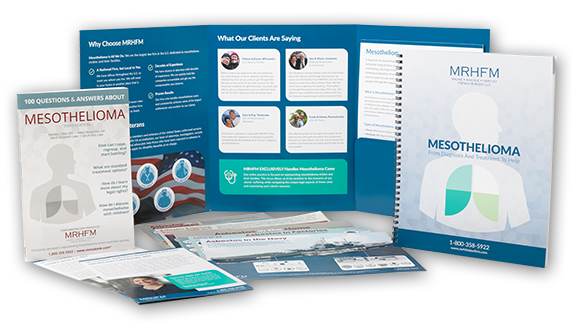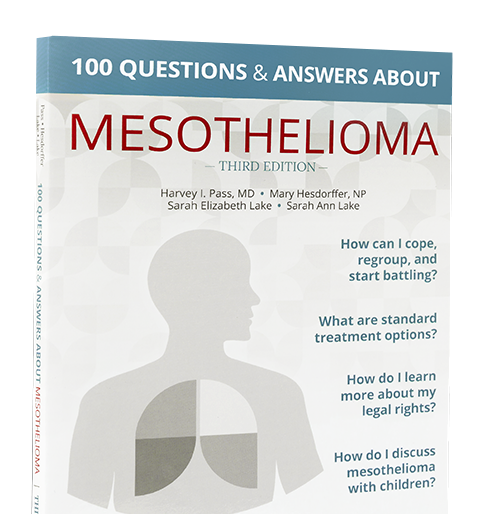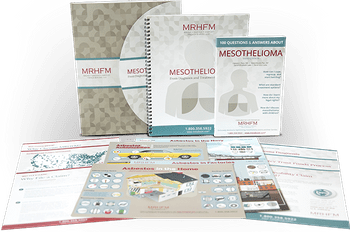The Centers for Disease Control and Prevention (CDC) houses the National Institute for Occupational Safety and Health (NIOSH), which recently announced the opening of docket to obtain information on the feasibility of a mesothelioma registry that would track mesothelioma cases in the U.S. The docket is also open to recommendations from the public on data collection, enrollment, confidentiality, and registry maintenance.
“The NIOSH has a strong interest in preventing mesothelioma and helping people with the disease,” reports WorkersCompensation.com, “since the most common known cause is exposure to asbestos, a dangerous occupational hazard for many workers.”
Currently, information about new mesothelioma cases is reported to state or local cancer registries. The information is submitted annually to the CDC or the National Cancer Institute (NCI), and then compiled by the CDC in the U.S. Cancer Statistics database. However, reports WC.com, “existing cancer registries collect only limited information about potential risk factors and issues occurring over time, such as treatment complications.”
“In addition to the limitations on the scope of existing surveillance systems, it may take six months or more from the time of diagnosis until mesothelioma cases are initially reported to a cancer registry, and then another 1-2 years to be reported in U.S. Cancer Statistics.”
Although treatment options have increased over the years, around half of those diagnosed with mesothelioma die within one year. In order benefit registrants, “a registry would need to develop a case-finding methodology to enroll registrants as soon as possible after diagnosis to allow timely access to contemporary state-of-the-art therapy and clinical trials.” Reports suggest that, “many mesothelioma patients do not receive this level of care.”
This new case-finding methodology would be national in scope, ideally, and identify most people diagnosed with mesothelioma. This would allow researchers to use this current data to determine demographics, risk factors, incidence, and prevalence as required by the 2019 Consolidated Appropriations Act.
“A National Mesothelioma Registry could address the limitations of existing registries by reducing case reporting delays and collecting detailed information regarding risk and prognostic factors,” reports WC.com. A registry could also reduce delays “by engaging with researchers to better enable them to identify gaps in the current understanding of mesothelioma prevention and treatment and improve the standard of care for current and future patients.”
What You Can Do to Help
To help establish a National Mesothelioma Registry, the NIOSH is asking the public for help. Input and advice from all interested parties should be submitted electronically, through the Federal eRulemakingPortal: Regulations.gov, or by sending a hard copy to the NIOSH Docket Office, Robert A. Taft Laboratories, MS-C34, 1090 Tusculum Avenue, Cincinnati, OH 45226.
All written submissions received must include the agency name (Centers for Disease Control and Prevention, HHS) and docket number (CDC-2019-0029; NIOSH-327) for this action.
If you have been diagnosed with mesothelioma, there is hope. Although there is no cure for the disease, newer or experimental treatment options could be effective in helping treat your specific type of mesothelioma. Talk to your doctor about all of the treatment options available to you today.
Sources
Gelman, John L. “CDC has requested comments for the feasibility of a mesothelioma registry.” WorkersCompensation.com. WorkersCompensation.com, LLC., 19 Apr. 2019. Web. 22 Feb. 2019.
“U.S. Cancer Statistics Data Visualizations Tool.” Centers for Disease Control and Prevention (CDC). U.S. Departmen





